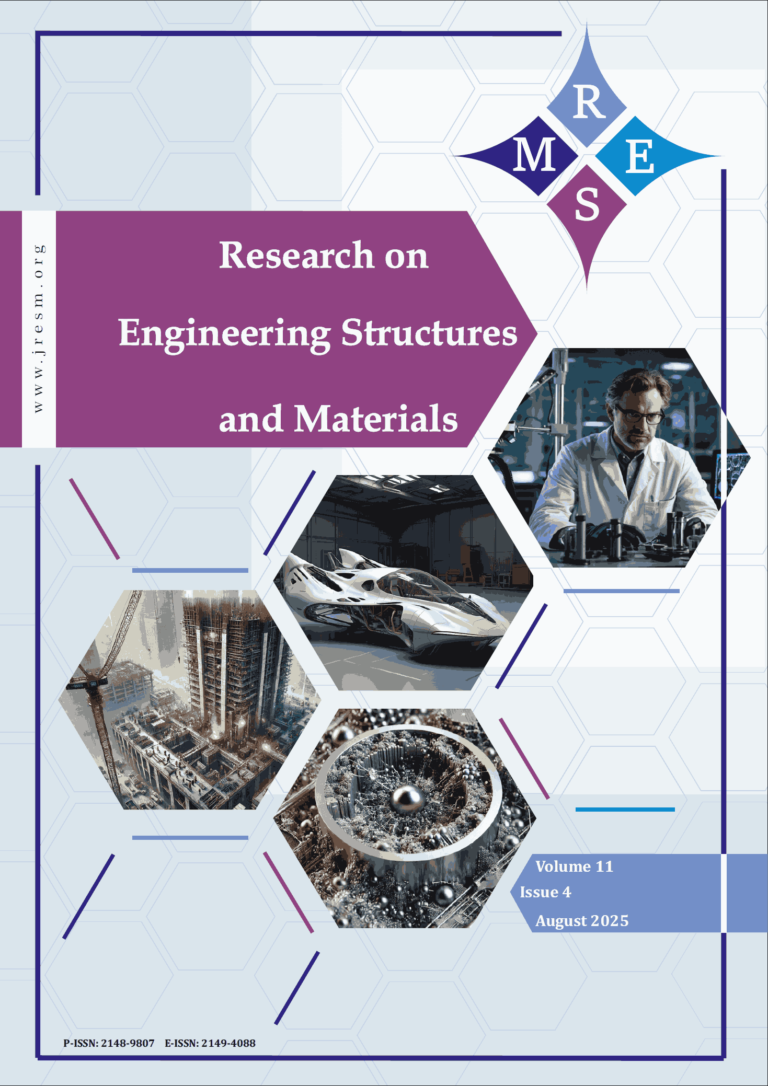Soft computing techniques, particularly Artificial Intelligence (AI), have become pivotal technologies with transformative potential across various industries worldwide. Among these, Artificial Neural Networks (ANNs) are particularly effective in addressing intricate issues that are beyond the capabilities of conventional methods. In the construction industry, increasing emphasis on sustainability and environmental responsibility has spurred extensive research into innovative materials and methods that enhance the durability of structures while minimizing their environmental footprint. This study is conducted in two phases. Phase I involves the development of an ANN-based soft computing model designed to predict the compressive strength of eco-friendly concrete. In order to train, test, and validate the model, a comprehensive database of experimental data on eco-friendly concrete is compiled. Phase II focuses on validating the ANN model by comparing its predictions with experimental compressive strength data for eco-friendly concrete incorporating recycled aggregate concrete (RAC) and treated textile wastewater (TTW). The model’s potential is a dependable instrument for promoting sustainable construction practices which is underscored by the strong correlation between the experimental and ANN-predicted values, as illustrated by the validation results.
